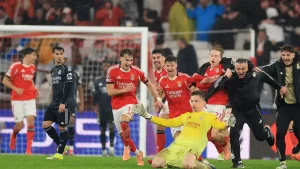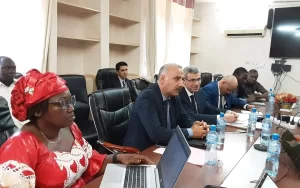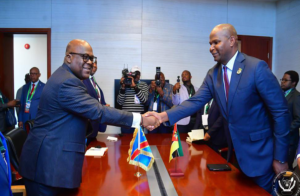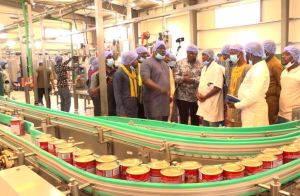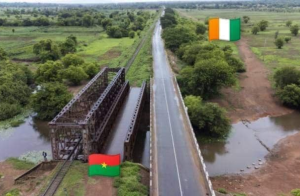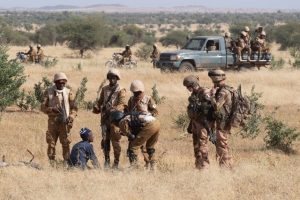Zimbabwe shakes up military leadership amid rising political tensions
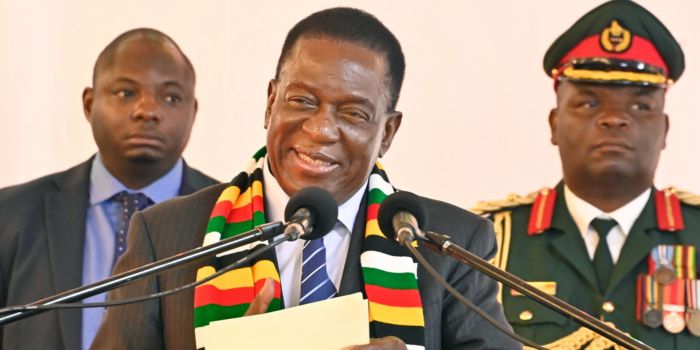
In a strategic move ahead of planned anti-government protests, Zimbabwean President Emmerson Mnangagwa has replaced his army chief with 72-year-old liberation war veteran Emmanuel Matatu. The surprise appointment comes as disgruntled war veterans—once Mnangagwa’s key supporters—threaten street demonstrations demanding his resignation over corruption allegations and suspected plans to extend his rule beyond 2028.
Analysts view the military reshuffle as a consolidation of power by Mnangagwa’s inner circle.
The new army commander, a loyalist to current defense chief Philip Sibanda, represents the continued influence of ex-ZIPRA guerrillas in Zimbabwe’s security architecture.
This marks the fourth army leadership change since Mnangagwa’s 2017 coup against Robert Mugabe—a pattern revealing deepening civil-military tensions, according to political analyst Eldred Masunungure.
Authorities have preemptively banned weapons in Harare for four days, signaling nervousness about Monday’s protests.
The demonstrations are backed by a faction supporting Vice President Constantino Chiwenga, Mnangagwa’s rival and former military leader.
With Mnangagwa’s ZANU-PF party divided and the “Crocodile” facing his most serious challenge since taking power, Zimbabwe appears to be entering another volatile political chapter.
The military’s response to the protests could prove decisive in determining whether the 80-year-old president completes his constitutionally mandated final term.






